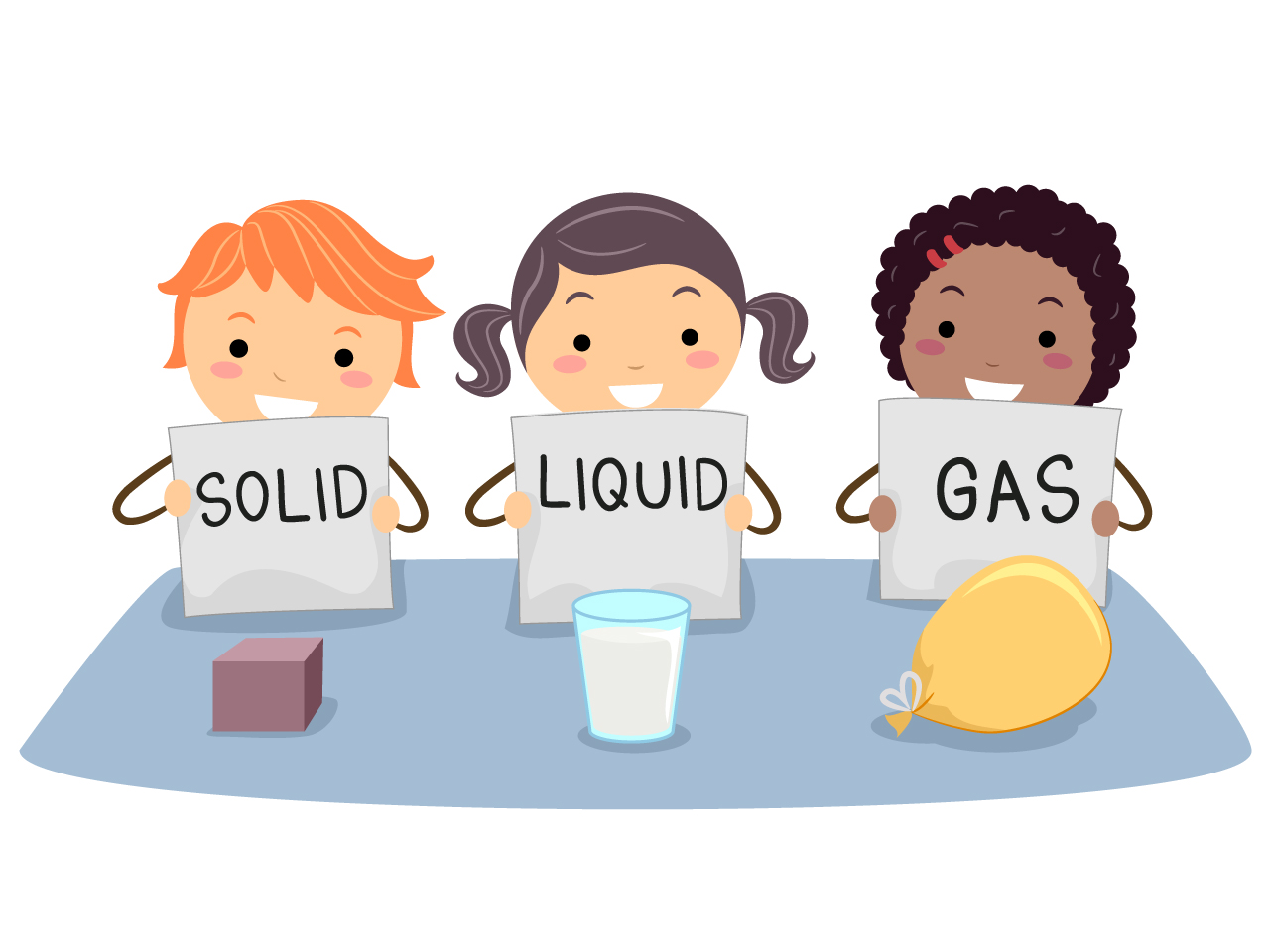How to Prepare Your Preschooler for Common Core Math
Aug. 1, 2016

With so many complaints on social media, and the bemoaning of parents all over the United States, it’s no wonder that the words “Common Core math” strike fear into the hearts of many parents preparing to send their children to school. While there are states who do not use the Common Core standards, for 42 states and the District of Columbia, the reality is that kids entering school will be taught how to learn math in a vastly different way than their parents.
But why exactly are parents afraid of Common Core math, and what can a parent do to prepare their children? Read on to discover valuable information about Common Core math, tips to prepare your child, and ways to benefit even if your child won’t be attending a school that uses it.
What Should You Know about Common Core?
Common Core is not just a system to teach math, but is actually comprised of a set of national learning standards that are meant to ensure that all students are reaching the same educational goals. The Common Core standards were born out of an intention to help all kids prepare for college, and a career.
Under Common Core standards, math instruction, in particular, has been changed drastically. In the past, math for kids consisted of rote memorization of rules, formulas, and problems, with little understanding behind why they should memorize it. With memorization, there is little practicable applicability to real life situations or problems.
A Curse or a Blessing?
Common Core Math strives to teach students to understand math in a more conceptual way. Students will not just learn to memorize rules; they will start by learning why math rules are what they are. The goal is to teach students to understand math, and not just to be able to complete problems quickly.
Students will still need to learn how to complete math problems, but the intention is that they will be also able to understand why they’re completing certain steps to complete a problem. In the future, they will then be able to apply those concepts to more advanced math skills, and apply them in real-life situations.
How to Get Started?
As we know, learning starts at home, and there are many steps that you can take to prepare your kids now so they can be successful in math when they start school. When teaching a preschooler beginning math skills, it is important to put aside the flashcards and to do the following instead:
- Rely on real items to teach your child to count: have them count and visually group items such as food, toys, or other manipulatives;
- Use visuals and paired groupings of items to help kids learn to count in 5’s, 10’s, and beyond;
- Talk about math in the everyday world with your children and explain addition and subtraction using visual manipulatives as described above;
- For slightly older children, help your child to count using a number line;
- Have your child only play with learning games for kids that advance the skills outlined above. Do not use free education apps for kids that merely “drill” kids with addition or subtraction problems;
- Utilize free math worksheets online that help kids to practice learning math in a more visual and conceptual way.
Some of the principles of Common Core math are similar to another highly effective method of math instruction, called Singapore Math. Similarly, Singapore Math also seeks to teach kids to learn math in a deeper manner, and through visual and real world applications. Using games like Singapore Maths App could help to prepare a child for Common Core math better than an app that only takes the place of flashcards in drilling them with beginning addition and subtraction problems.
Lastly, if you’re reading this and you’re thinking that you live in one of the few states that is not Common Core, your child can still benefit greatly from the above tips. Every child should understand math concepts in order to complete problems, rather than just memorizing rules and counting robotically.
Even if your child will not be learning under the Common Core method, supplement your child’s learning using the above tips to take your child’s math skills to the next level and ensure success in school.











